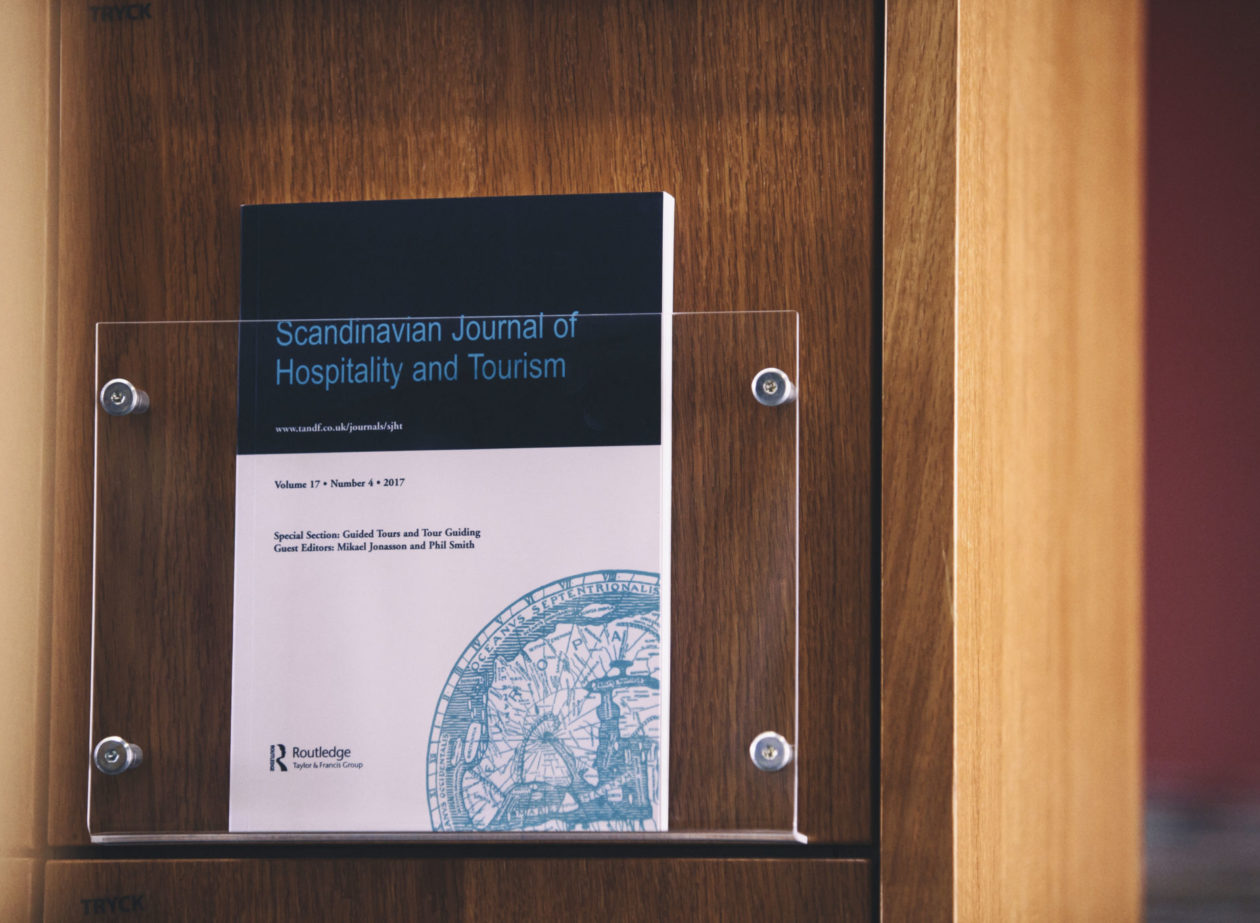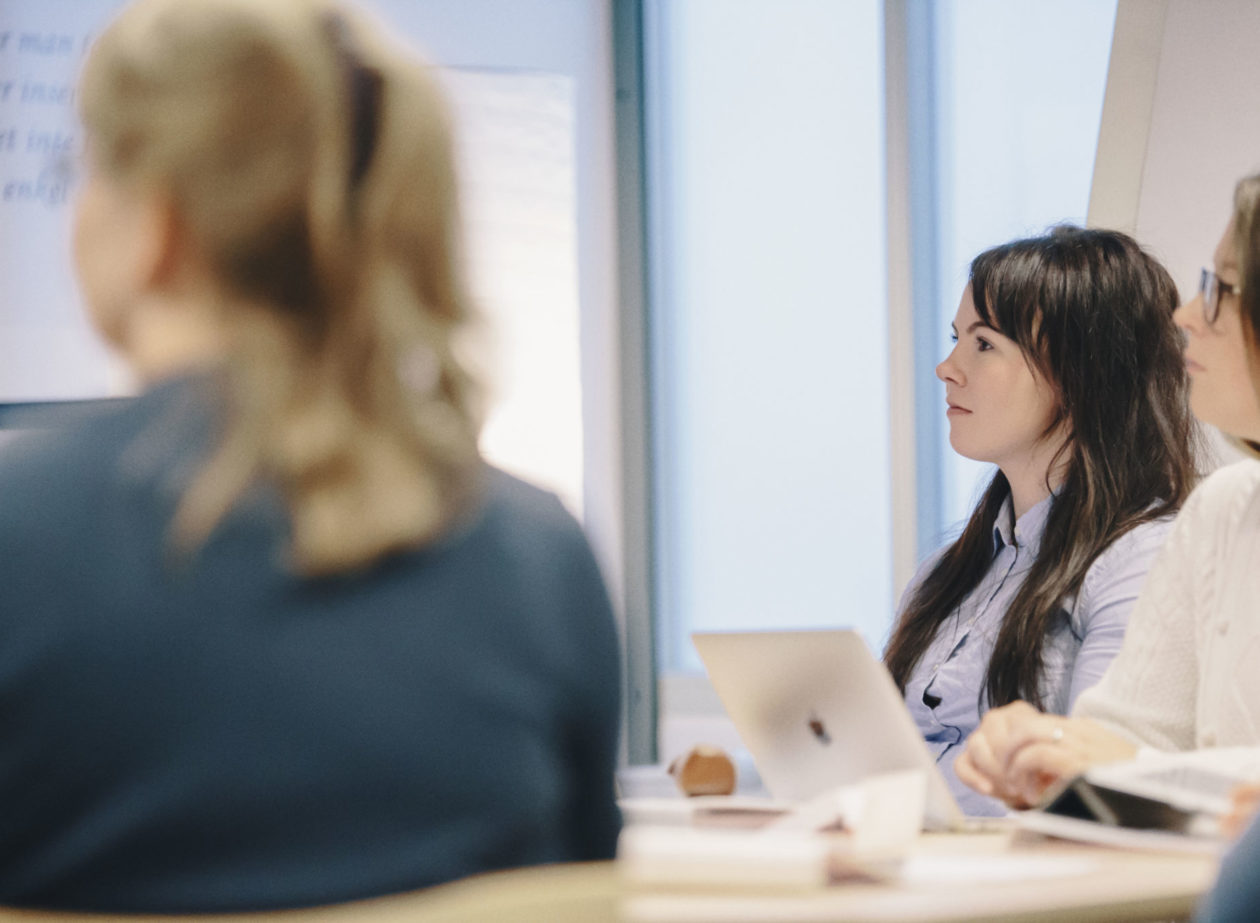Samforsk, The Social Science Research Institute, is an independent department within the Faculty of Social Sciences, Business and Economics, and Law at Åbo Akademi University. Samforsk is located in both Turku and Vaasa and is in close collaboration with the Political Science department. The research staff at the institute conducts collectively coordinated research as well as individual research.
Professor Kimmo Grönlund is the director of the institute, Docent Lauri Rapeli is the head of research and PD Marina Lindell is a researcher. The remaining staff, consisting of about 16 people, receive funding from external sources. Our primary financier is the Academy of Finland.
News
Rachel Gibson promoted as honorary doctor
Samforsk acted as a host for Rachel Gibson, Professor of Political Science at the University of Manchester, who was promoted as honorary doctor on the 23rd of May 2025. Rachel has had close connections with political scientists at Åbo Akademi since 2006, and she is currently acting as a member in the international advisory board for FIRIPO, among other things.

Marina Lindell Appointed Docent of the Year
The Docent Association at the universities in Turku has named Academy Research Fellow Marina Lindell at Åbo Akademi University (Samforsk) as the Docent of the Year 2025 for her successful research, active networking, and significant international publications. Congratulations, Marina!
Read the full press release (in Swedish) here.
Read Samforsk’s annual report for 2024
A summary of our work and accomplishments in 2024.
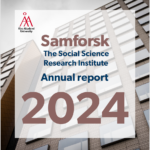
The Citizens’ Parliament’s concluding report
You can read the results from the Citizens’ Parliament in its concluding report. The report is written in Finnish and contains a Swedish summary.
Read the election report “Finland turned right: Voting and public opinion in the parliamentary election of 2023”
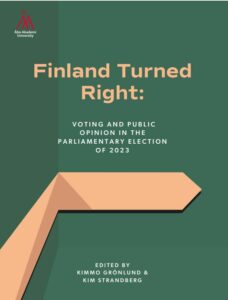
New laboratories for research infrastructure
During the fall of 2022, the new deliberation laboratories in the ASA building at Åbo Akademi University have been completed and can now be used. The laboratories are part of the Finnish Research Infrastructure for Public Opinion (FIRIPO) and is equipped with the latest video conference technology. The idea when designing the laboratories has been to create an inclusive and equal environment where external interference is excluded.
Read more about the laboratories.
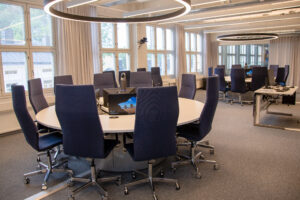
Annual reports over the years
What we do at Samforsk
Our expertise includes survey research and experimental research. We conduct online panel-studies, traditional survey research, survey experiments, and experiments in deliberative democracy. Our “Virtual Polity” platform can be used for research on online political communication. Experimental research has developed into an integrated part of our research during the past years and our researchers have a wide knowledge of research methods. The institute is currently coordinating the Finnish National Election Survey.
We collaborate extensively both nationally and internationally with leading researchers and research institutes in fields such as democracy research, political participation, and democratic innovations. Researcher exchange is an important part of our activity. Our primary fields of research are democracy research and electoral research. Because Samforsk is an academic research institute, we primarily conduct research with a clear academic purpose, but we also manage commissioned research.
Democracy research at The Social Science Institute focuses on studying the current condition of democracy and to test new deliberative and participatory models of democracy funtions in practice, especially democratic deliberation. The Institute also coordinates the center of excellence in public opinion research “FutuDem” (the Future of Democracy). The research at FutuDem inkludes seven work packages, each led by a senior researcher both in Åbo and in Vasa. The research is carried out in close collaboration with the Ministry of Justice in Finland, the City of Turku, the Association of Local and Regional Authorities in Finland, and the Swedish Association of Local Authorities and Regions. Under the leadership of Professor Grönlund, and in collaboration with researchers from the University of Turku and the University of Tampere, Samforsk has organized seven experiments on citizen deliberation – three offline and four online. The experiments are unique in a Finnish context but also relevant for democracy research internationally. The latest experiment, Turku speaks, took place in spring 2020.
We have a leading role in finnish public opinion research. The Finnish Research Infrastructure for Public Opinion, FIRIPO, is a multidisciplinary consortium for the study of public opinion, attitude formation and choice behavior and is led by Samforsk’s director Kimmo Grönlund. The central aims of the consortium are to systematize and coordinate scientific research on public opinion and choice behaviour in Finland, as well as to learn, develop and share (new) surveymethods in public opinion research. The consortium will also create an open node for public opinion research, and accelerate open science aims through open data and open collaboration in public opinion research in collaboration with the Finnish Social Science Data Archive FSD.
Samforsk has a leading role in the Finnish National Election Study. The institute’s research on elections and voters, focuses on themes such as voter volatility, candidate centered voting, electoral behavior on the internet, and electoral cleavages. The institute’s research on the two latest elections (2011 and 2015) has also been complemented by electronic panel-studies. The institute is also engaged in extensive Nordic and international cooperation concerning electoral research.
We study public opinion and especially Finland Swedish public opinion using the opinion polls Barometern and Språkbarometern. The institute has administered these polls regularly since 2002, in order to analyze Finland Swedish opinion, language choices, the quality of services in Swedish, consumption patterns, and other prevailing issues.
